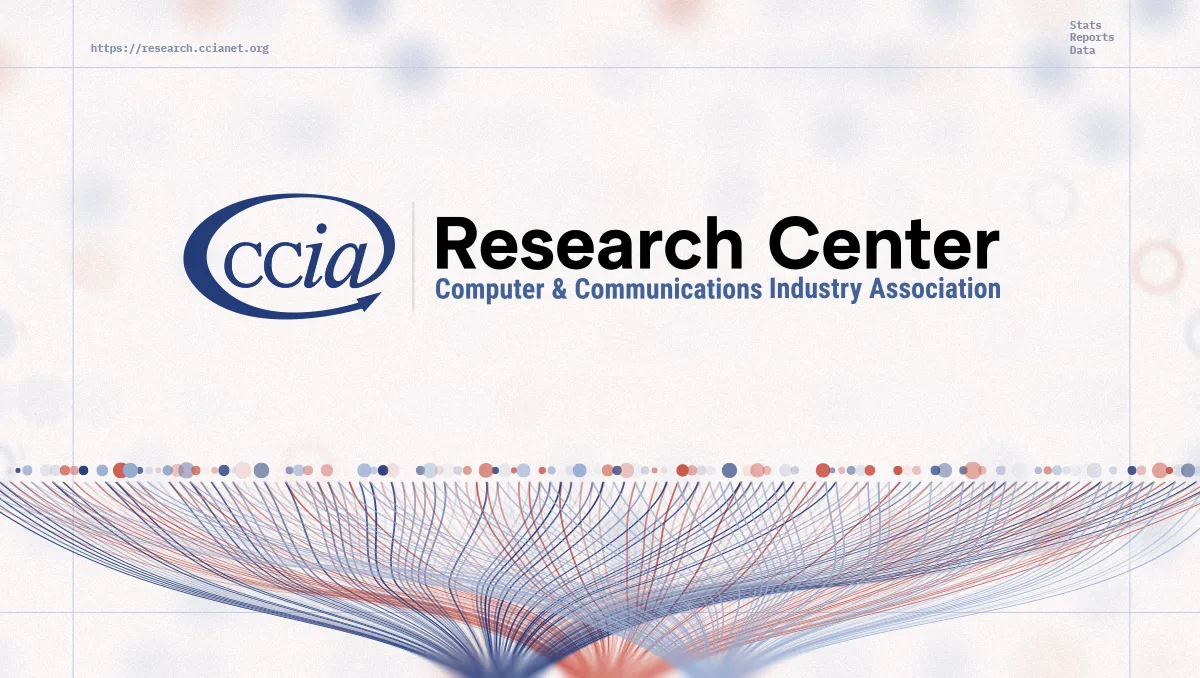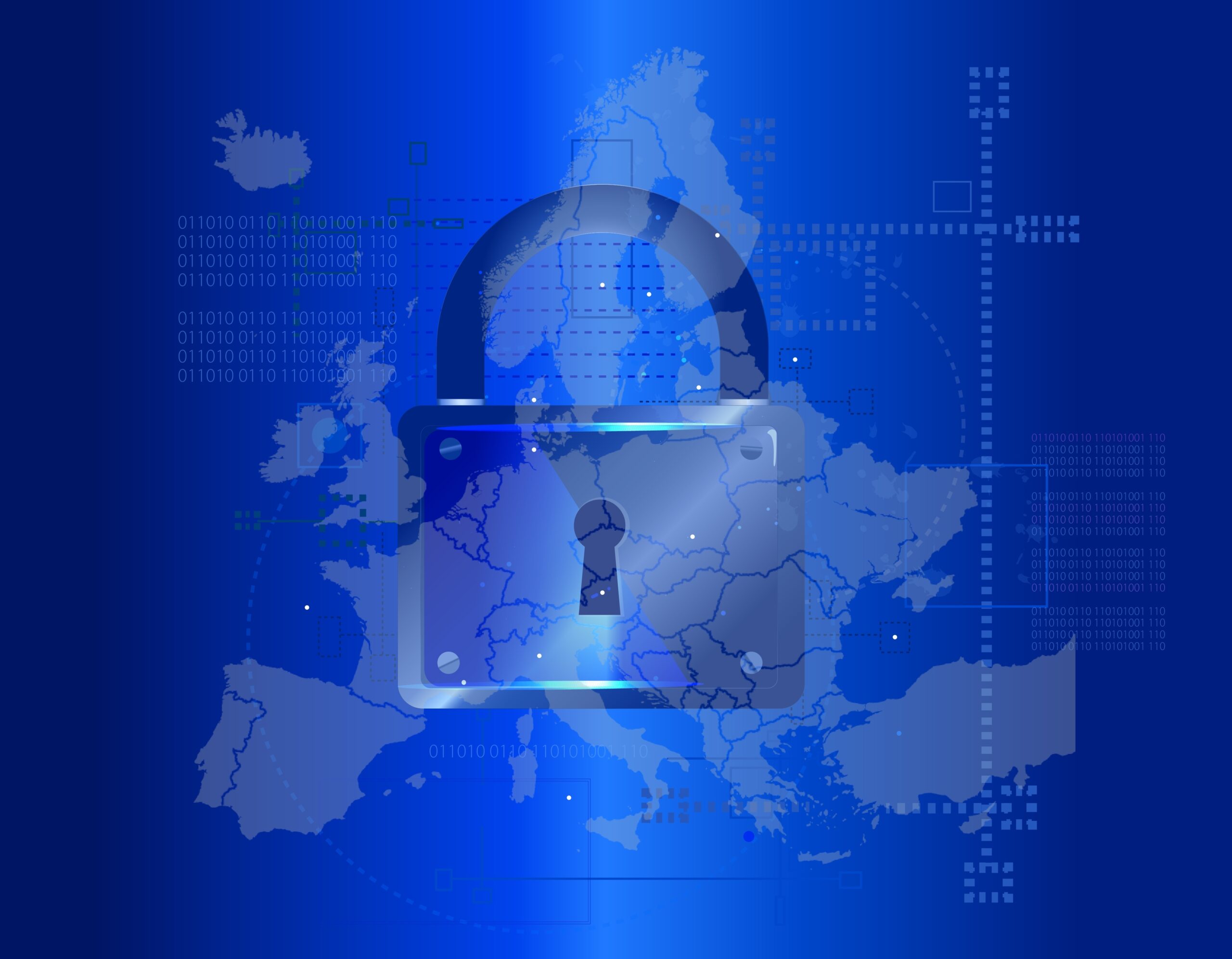Square’s Cease & Desist from Illinois Regulators Demonstrates Heavy Regulatory Burdens on Commerce Startups
California-based (and Delaware-incorporated, naturally) payment provider Square (which I mentioned in a previous DisCo post for its ubiquitousness in food trucks, as it allows these small businesses to accept credit cards for payment) received a cease and desist letter from the Illinois Department of Financial & Professional Regulation (IDFPR) for its alleged violation of Illinois’s Transmitters of Money Act. It appears that, as the law is written, Square is covered by the law. But that doesn’t mean it should be.
State regulatory bodies like the IDFPR do an essential service protecting consumers against harmful fraudulent actors, which is especially important when personal and financial information is involved. However, it is unlikely that the Transmitters of Money Act was intended to deter the economically-beneficial transactions that startups like Square facilitate — between small businesses and their patrons.
Companies like Square potentially have to comply with regulations in each state in which a payer or payee uses the service — which, given the point and the technology-facilitated widespread use of these services, is likely to be many. (Square, for example, mails potential users the credit card reader for free, so it is quite likely that this opportunity is being taken advantage of in all 50 states.) In addition to local banking laws, there are federal laws such as the Bank Secrecy Act. As this video explains, the purpose of these state laws is to prevent money laundering or financing of terrorism, and also to protect the payers. These are very broad, diverse goals. The first two involve preventing crime. The third is also a laudable goal, but one would think that regulators would choose to prioritize the prevention of organized crime, rather than spending time and resources hindering the lawful activities of private businesses.
Given that these laws target money launderers and financing of illegal activities, it would make more sense for them to go after companies (and people) who hold large sums of money. However, it appears that Square does not hold the money when there is a transaction. The money is transferred directly from the payer to the payee. Still, given the broad way that Illinois’s law was drafted — “‘Transmitting money’ means the transmission of money by any means” — the fact that Square does not hold money does not render them exempt from regulation. (Additionally, it’s worth pointing out that Square is fully aware of the potential to comply with regulations, and proclaims that: “We deal with the banks on your behalf and take care of compliance, regulation and processing so you can focus on running your business.”)
A July piece in Business Insider explored California’s version of the law, the Money Transmission Act, and the various startups that could be covered, with examples such as another payment processor, Stripe, and also startups with other functions, like disintermediator Airbnb. That article pointed out that Square had an application pending with California’s Department of Financial Institutions. If Square is going to comply with California’s law, wouldn’t it have to also comply with Illinois’s?
Amazon compiled a list of the 42 (41 states + Puerto Rico) jurisdictions that required them to seek a money transmitter license. The Money Transmitters Regulators Association (MTRA) has 45 members (42 states + D.C., Puerto Rico, and the Virgin Islands). Amazon can afford to pay for more than 40 money transmitter licenses and the various associated legal fees and surety bond requirements (Illinois, for instance, requires “the greater of $100,000 or an amount equal to the daily average of outstanding payment instruments for the preceding 12 months or operational history, whichever is shorter, up to a maximum amount of $2,000,000”), as can Square which has recently been valued at $3.25 billion, but can its contemporaries and competitors? That is a very high barrier to entry.
People who work at institutions like the IDFPR are tasked with enforcing laws in order to protect consumers. But that doesn’t mean they can’t consider whether it’s in the public’s best interest for them to expend resources enforcing the law against startups when no consumer harm has been demonstrated, or question whether the law should be rewritten to be narrower, rather than the current text which does not distinguish based on how money is transmitted, and broadly states: “‘Transmitting money’ means the transmission of money by any means”.
Tech startups almost uniformly share a feature (or sole purpose, in the case of companies like Square) of facilitating a more efficient way of doing commerce, often through disintermediation of existing channels. Overly broad regulations like this threaten to stifle innovative and disruptive startups that compete to provide services for much cheaper, which is beneficial to consumers. But if startups can’t afford the regulatory barriers to entry in order to stay in business (such as more than 40 license fees, legal fees, and six-figure surety bonds), it’s the consumers who end up losing.








